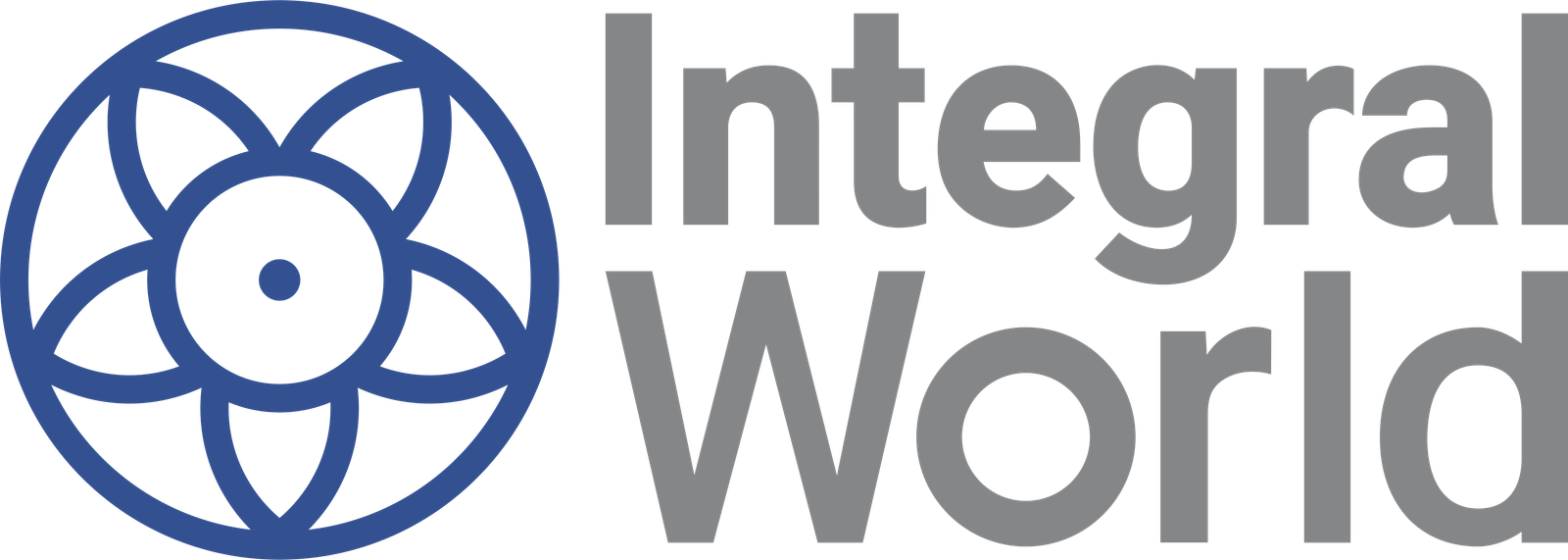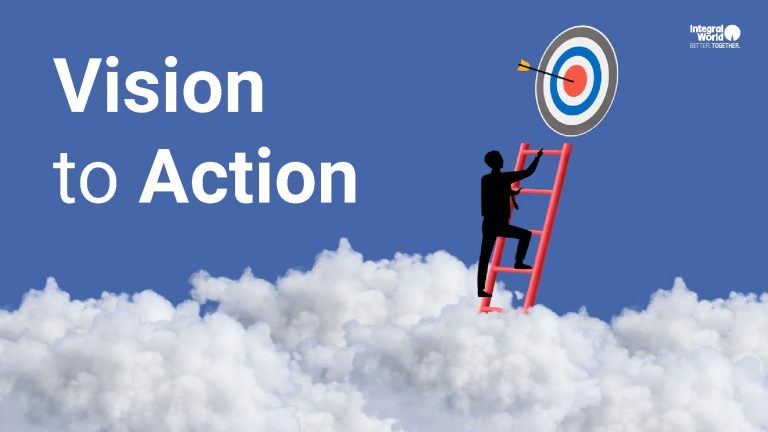Report and Documentation:
Data Collection & Reporting
We collate, survey, and analyse various dimensions of your actions and report it
The documentation process is intricately tied to the data gathered during research and implementation. Any effective documentation requires a thorough understanding of the collected data. The synergy between data collection and analysis techniques ensures the presentation of irrefutable and substantial information. Reports can serve multiple purposes, such as educating readers about a cause, informing them of project findings, making recommendations, or forming the basis for an advocacy campaign.
In presenting substantive findings, we dedicate time to planning the optimal way to convey information. Identifying the report’s purpose and audience guides us in selecting the right format, and we structure the report based on initially researched questions. Flexibility is key; we remain open to refining the outline throughout the drafting stage. Once the effectiveness of the selected outline is evident, we adjust the report structure to enhance the presentation of findings.
Functions under Data Collection & Reporting
On-Ground Surveys and Interviews
We collect contextualised data and weave stories around it
Leveraging stories and interviewee experiences is a powerful illustration tool. These stories are presented as a narrative within the report, always ensuring a positive portrayal and safeguarding the interests of constituents. When safety is a concern, we opt for coding interviews for reference, avoiding traditional citations.


Data Analysis and Visualisation
We can look into dry data and visualise images
Analyzing and processing data is a critical stage in data analytics. It involves examining voluminous information, identifying patterns, themes, relationships, and causes. Continual verification is essential, enabling the identification of information that fits or contradicts emerging patterns.
Objective Reporting
We collate inputs and articulate towards objective outcomes
Data reporting involves collecting and submitting data for accurate analyses, a crucial step that transforms raw data into information. In development organizations, annual and project reports are vital elements, and we meticulously compile them to facilitate informed decision-making.







